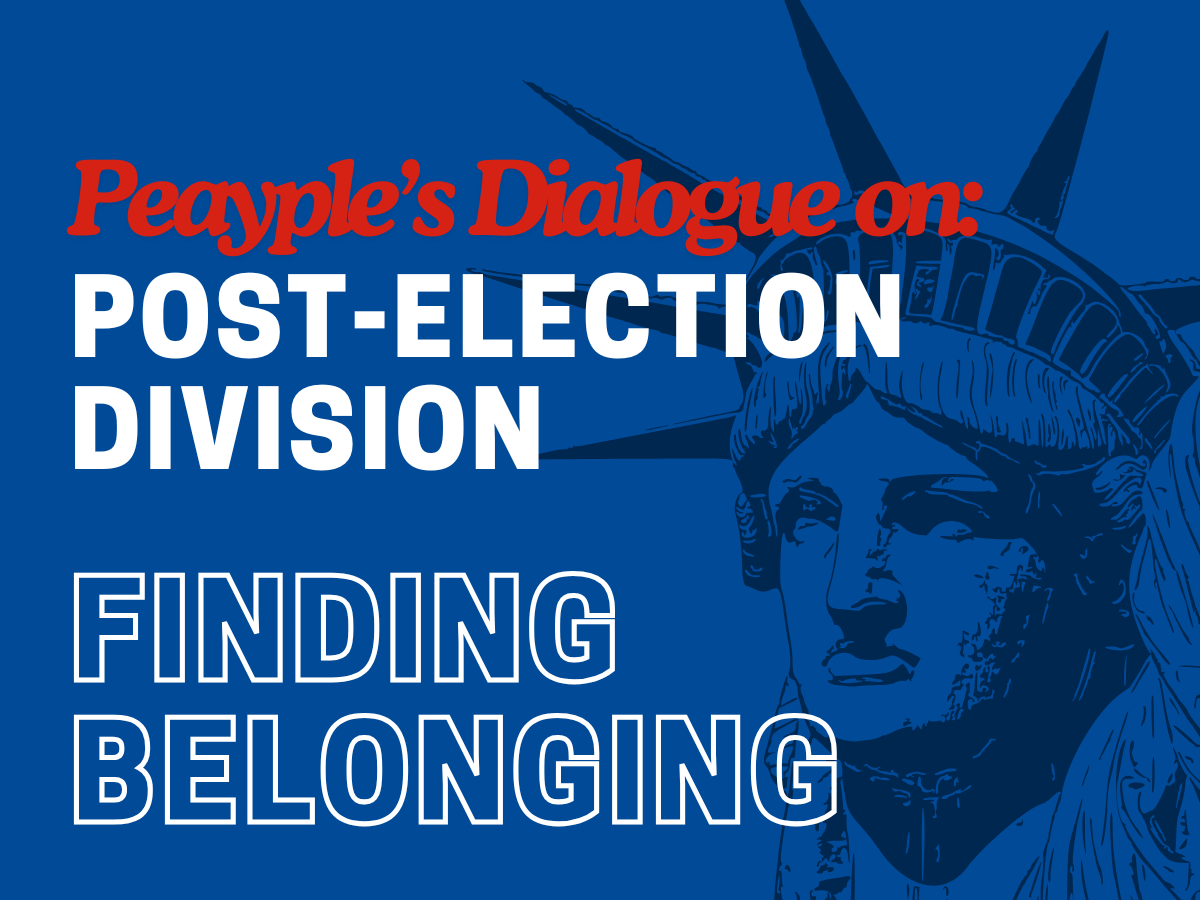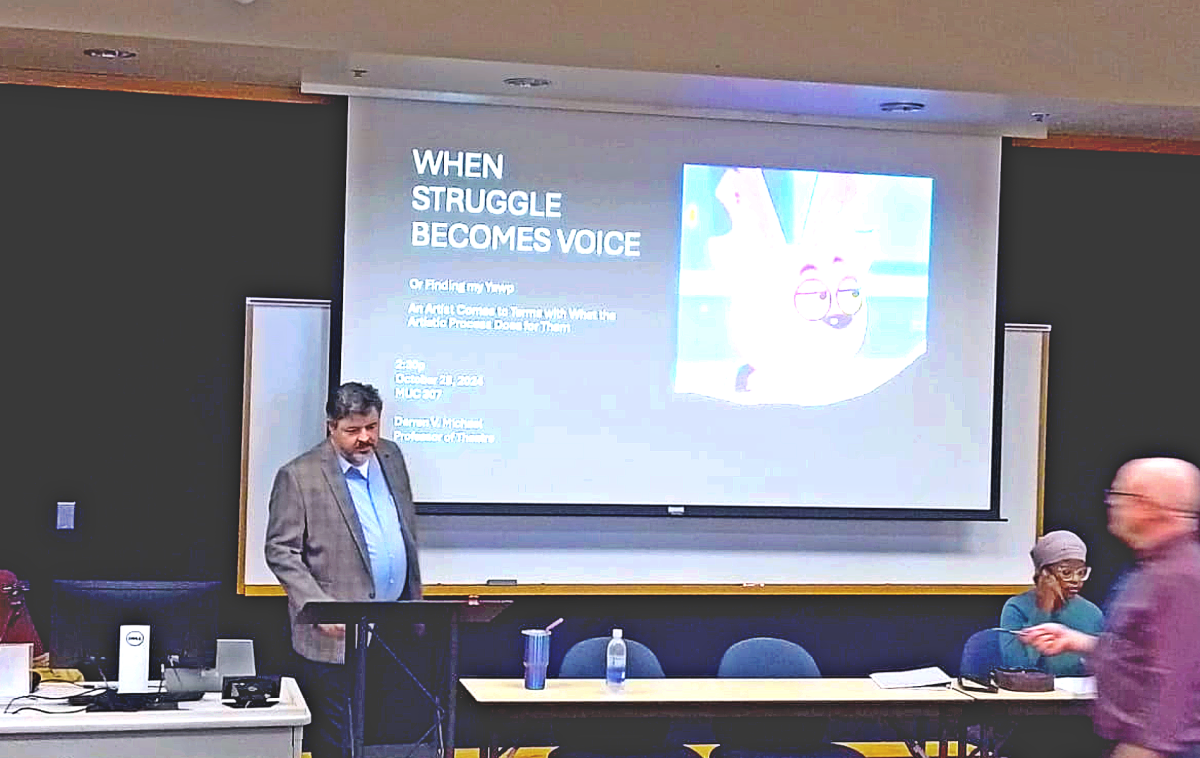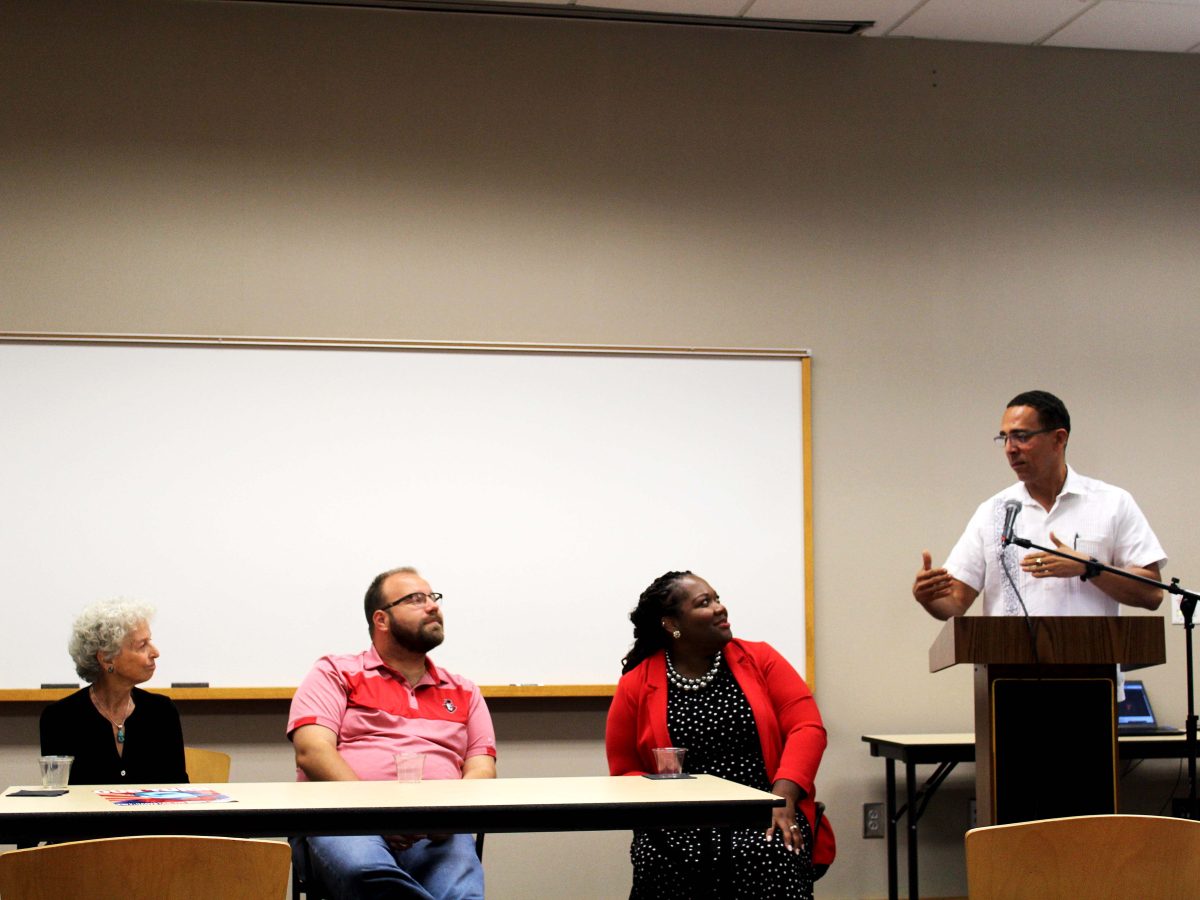There are those who believe morality comes only from the divine or as a result of religious teachings, but this is not true.
The rules of behavior for each person come from what they have been raised to believe by their caregivers and their experiences in society. While some are raised to obey religious laws in this fashion, they show no real difference in morality to those people who were not raised religiously.
One example of this is how members of the same religion can have completely different self-governing rules.
There could be two Baptist churches on the same street that completely differ in some ways. One could preach forgiveness while the other emphasizes shaming sinners. That example doesn’t even take into account the differences between different sects in the same religion.
The Protestant revolution itself was formed because its leader, Martin Luther, did not approve of the reigning Roman Catholic Church, which he saw as sinful and decadent.
To have such a wide rift in morality within a single religion makes it difficult to say that morality was gifted rather than developed over time.
Even so, there are certain moral laws that spread across nearly every culture. For example, if someone were to walk up to an atheist and ask how he or she feels about murder, the response would likely be the same as a Christian’s: It’s wrong. Atheists are no more prone to murder than religious people, no matter the culture.
Children are taught things are right and wrong through trial and error. By the time they can actually understand religion, they already have a grasp on the concept of what is right.
The reason many religious people think godless morality is impossible is an old Christian ideal that humans are inherently bad creatures. The fear is they will revert to that evil when left unguided by religion.
While it is true that there are terrible people in the world who murder and rape without remorse, they are the exception rather than the norm.
In fact, there is a reason for that. In a study by Adrian Raine, University of Pennsylvania professor of criminology, psychology and psychiatry, it was found that people who repeatedly committed violent crimes showed less activity in areas of the brain thought to be associated with self-awareness and sensitivity to violence. He also found underdevelopment in areas associated with decision-making and learning from mistakes.
“The findings suggest many people currently being punished for their crimes cannot actually control their behaviour and should be seen as suffering from a disorder that needs treatment,” Raine told International Business Times.
These people, as it turns out, aren’t inherently evil either; they do bad things but can’t seem to control themselves. These disorders do not seem to have any correlation with religion or lack thereof.
Religious extremists can also be considered criminals, possibly with similar brain processing. They believe they are doing the right thing by killing nonbelievers or people they believe are enemies of their god or gods, but many people of the same religion denounce their actions as unacceptable.
These people are as religious as they come, but they are considered the bad guys. The morality that they hold to is quite different from what would be considered appropriate.
The argument could also be raised that religious extremists actually have to toss aside their own personal beliefs about morality and take up the new one supplied to them by teachers of “the true religion.”
It is possible they are not operating by their own moral codes at all.
Speculation aside, there are so many splinters and offshoots in the idea of morality that it is hard to attribute it to just one cause.
In the U.S., there are hundreds of religions, but they all manage to live together more or less peacefully. This only adds to the idea that there is a base level of morality inherent to human beings.
Whether people are raised religiously or not, they know what’s right or wrong.











